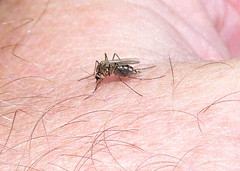Despite rhetoric of the Ministry of Environment, proper methods of disposal of polythene and plastic waste are unavailable in most parts of the country. Therefore people are prompted to burn polythene and plastic waste causing severe harm to environment and to the health of the man, animals and plants.
Dioxin, released when burning polythene is extremely hazardous to human health and the worst factor is that the dioxin can cause harm to people living even hundreds of kilometers far away from actual burning places.
Following are some key facts regarding dioxin we researched in WHO sources.
Dioxins are a group of chemically-related compounds that are persistent environmental pollutants.
Dioxins are found throughout the world in the environment and they accumulate in the food chain, mainly in the fatty tissue of animals.
More than 90% of human exposure is through food, mainly meat and dairy products, fish and shellfish. Many national authorities have programmes in place to monitor the food supply.
Dioxins are highly toxic and can cause reproductive and developmental problems, damage the immune system, interfere with hormones and also cause cancer.
Due to the omnipresence of dioxins, all people have background exposure, which is not expected to affect human health. However, due to the highly toxic potential of this class of compounds, efforts need to be undertaken to reduce current background exposure.
Prevention or reduction of human exposure is best done via source-directed measures, i.e. strict control of industrial processes to reduce formation of dioxins as much as possible.
For more details visit here, the WHO website
Bookmark, remember and visit us again: www.lankapolity.com



![Reblog this post [with Zemanta]](http://img.zemanta.com/reblog_e.png?x-id=6399cd79-68f1-4ca5-b676-0b49fee2c7d5)



